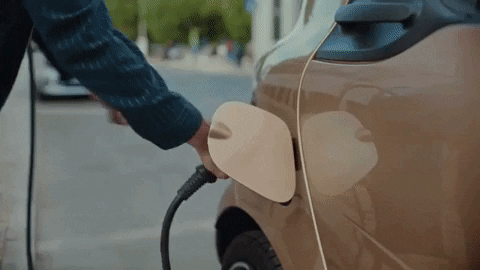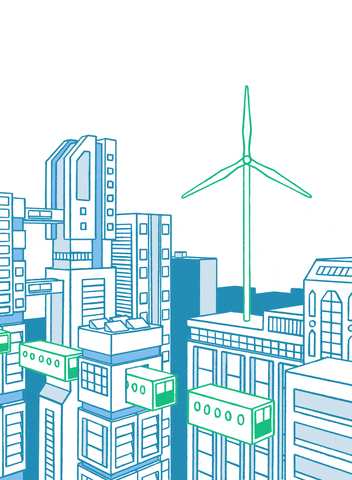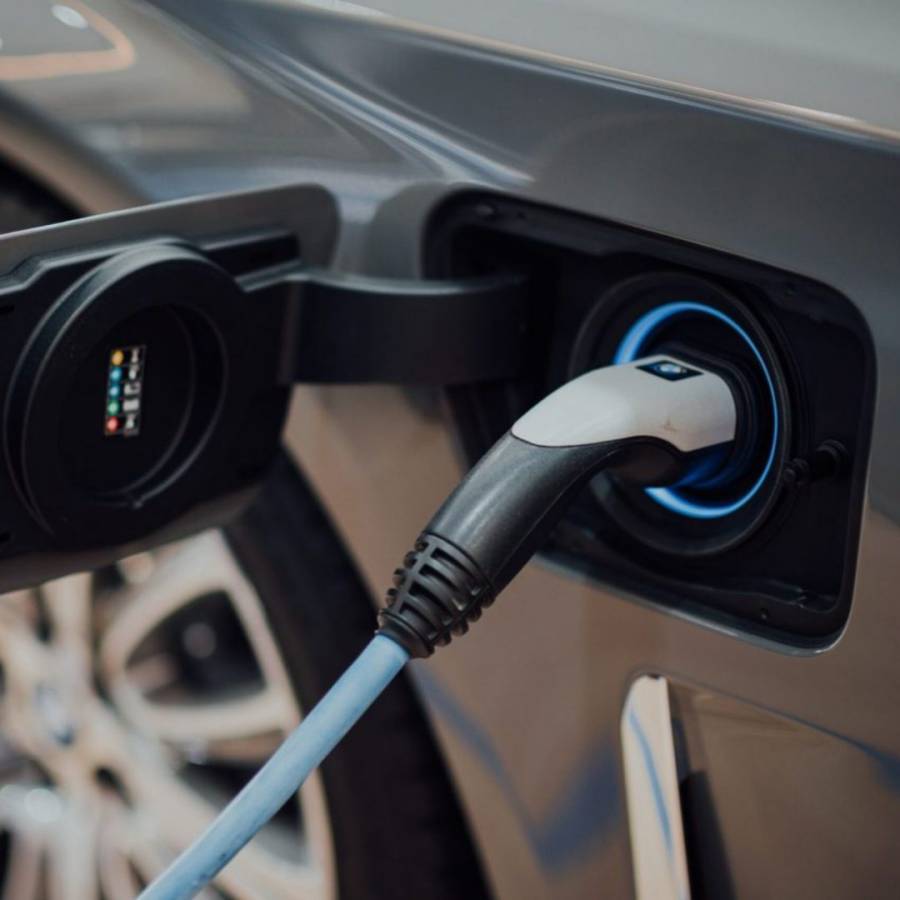When you think of Electric Vehicles (EVs), you might think of a car that runs only on electricity. Whilst this kind of vehicle (Battery EVs) is common, there are many different EVs. We also have plug-in hybrid EVs, which run on a battery until it runs out, and then run on gasoline. Last, we have a hybrid vehicle. These cars must have petrol in them to run, but have an electric motor to allow them to run more efficiently.
We are currently in a transitional period to switching to fully electric vehicles.

One thing that makes electric cars cleaner than gasoline cars is the smart charging features being introduced by companies like Nuvve. They work by plugging the car in and inputting information (such as I want my car charged 100% by 7:00 am) into an app. The app will then find times when renewable energy sources (such as sun and wind) are at their highest, and then use this energy to charge the car. This makes EVs cheaper to run, too!
But this is still the beginning. There is a lot of innovation and evolution that needs to occur before smart charging can roll out on a large scale.

Why haven’t people bought electric cars yet? Being a new phenomenon, it will take time to develop the vehicles to suit everyone’s needs. We will need to assess how they work, their aesthetics, and the development of more charging ports. When gasoline cars were first introduced, it took a while for people to change over from horses, too. At the time, horses seemed to be a more convenient option, as they could be fed anywhere.
In essence, electric vehicles are the way forward, evidenced by the ban on all non-electric cars in the UK by 2035. However, there is plenty of innovation and development to occur before they are mainstream, so get thinking!
Want to know more about Nuvve? Click here >>
Want to know more about Dreev? Click here >>
Want to know more about the ban on electric vehicles? Take a look at this article written by the BBC >>






